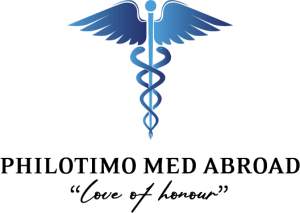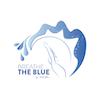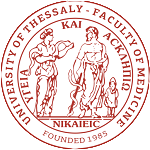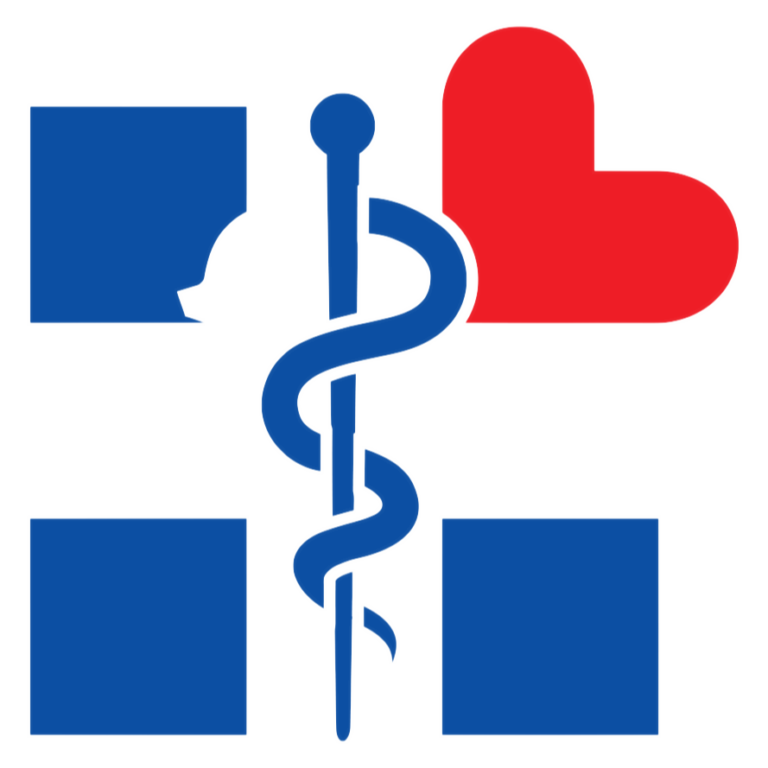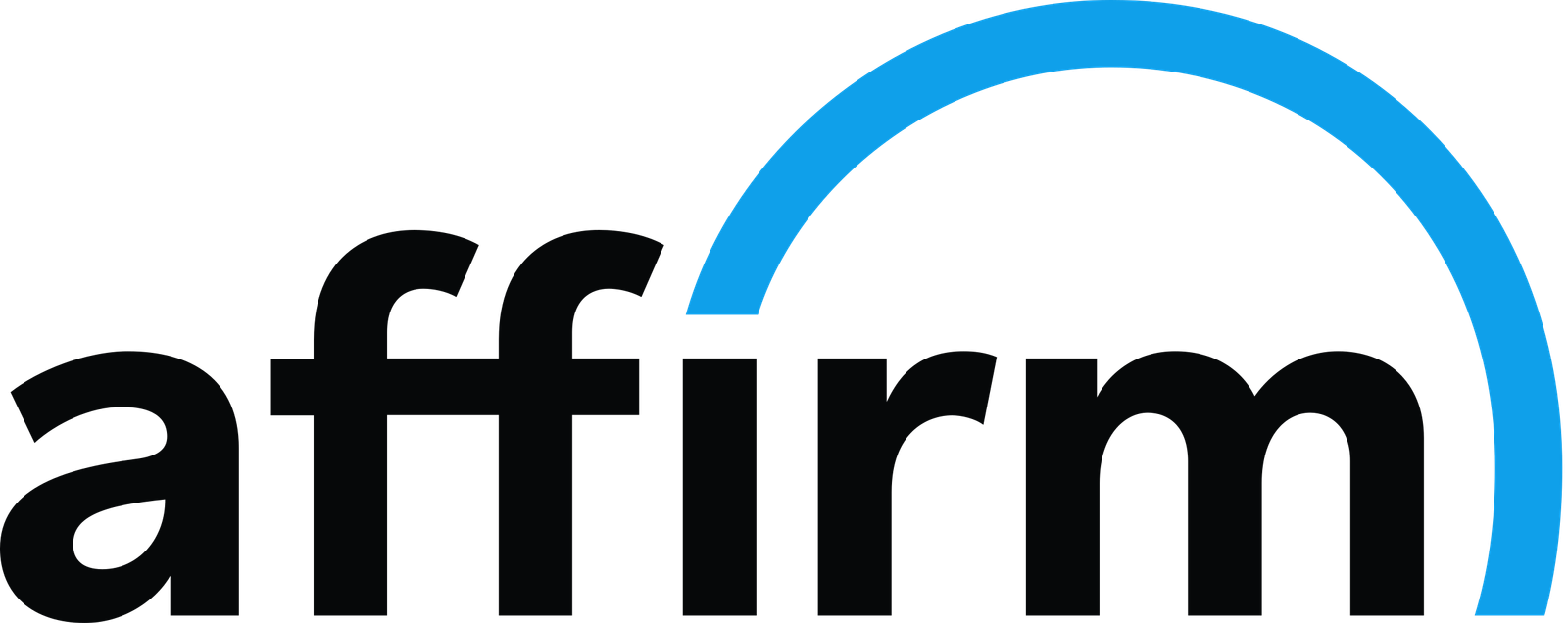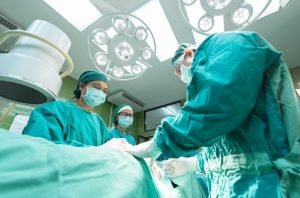
Medical shadowing is an essential part of the journey for pre-med and medical students, providing an opportunity for students to observe and learn from medical professionals in a real-world setting. In addition, medical shadowing offers numerous benefits to students that can help them to become better physicians and excel in their future careers.
Here are some of the most significant benefits of medical shadowing for pre-med and medical students:
- Exposure to Medical Practice
Medical shadowing allows students to get a first-hand experience in medical practice. They can observe physicians’ daily routines, including patient consultations, diagnosis, and treatment planning. Shadowing gives them an insight into the practical application of their academic knowledge and helps to bridge the gap between theory and practice. In addition, students can observe healthcare professionals’ interpersonal skills and bedside manner- learning to be compassionate while communicating effectively with their patients by studying professionals in action to develop these essential skills.
- Networking and Mentorship
Medical shadowing also allows students to build meaningful connections and relationships with healthcare professionals. Students can access valuable advice, mentorship, and potential future opportunities by networking with doctors, nurses, and other medical staff. These connections can also be helpful when it comes time to apply to medical school or other healthcare programs while providing guidance and support to navigate their careers.
- Understanding of Healthcare Culture
Shadowing can provide students with an understanding of the healthcare culture. They can observe how healthcare professionals interact with each other, their patients, and other staff. Students can learn the importance of communication, empathy, and collaboration in healthcare. Understanding the healthcare culture can help students to become better healthcare providers and work more effectively as part of a healthcare team.
- Developing Clinical Skills
Medical shadowing provides students with an opportunity to develop their clinical skills. They can observe how physicians perform physical examinations, diagnose illnesses, and develop treatment plans. In addition, students can learn how to communicate effectively with patients, take accurate medical histories, and create a differential diagnosis. Shadowing can help students to develop their clinical skills and gain confidence in their abilities.
- Exposure to Different Specialties
Medical shadowing allows students to observe the various medical specialties and better understand the roles and responsibilities of healthcare professionals. By observing doctors, nurses, and other healthcare providers, students can learn how healthcare teams collaborate and communicate to provide effective patient care. This exposure can help students decide which specialty they are interested in pursuing and what they need to do to prepare for that specialty while making informed decisions about their future career paths.
- Enhancing Medical School Applications
Medical shadowing can enhance a student’s medical school application. Medical schools look for applicants who have experience in healthcare and understand the healthcare environment. Shadowing demonstrates a student’s commitment to healthcare and willingness to learn. It can also provide students with experiences they can draw upon in their personal statements and interviews.
- Identifying Potential Research Interests
Medical shadowing can help students to identify potential research interests. Students can observe physicians’ approaches to research and learn about different research methodologies. Shadowing can inspire students to pursue research opportunities and help them develop research skills they can use throughout their careers.
In conclusion, medical shadowing is an essential part of the journey for pre-med and medical students. It provides students with exposure to medical practice, networking opportunities, an understanding of the healthcare culture, clinical skills development, exposure to different specialties, and potential research interests. Shadowing can also enhance a student’s medical school application and provide them with experiences they can draw upon in their future careers.
Dr. Cheryl Krouse
Director of Health &Wellness Programs
